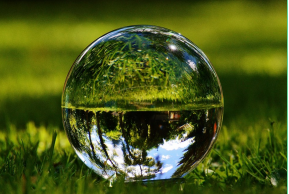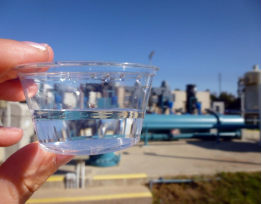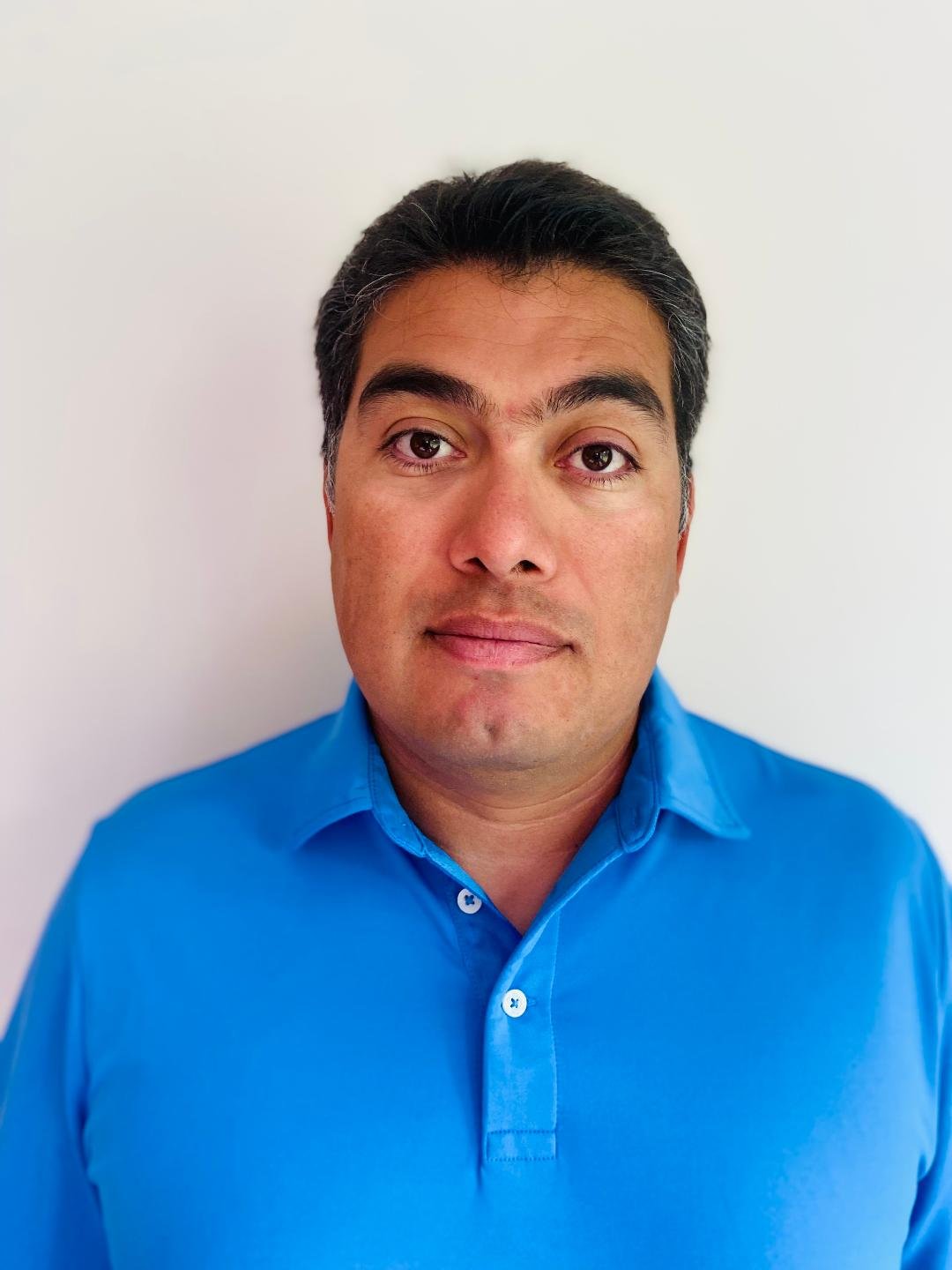
SCCAEPA & AEC
2022 Environmental Summer Camp
Make California a Better Place
June 5- July 26, 2022
Awards & Recognitions
The Southern California Chinese-American Environmental Protection Association (SCCAEPA) and the American Educated Chinese Foundation (AEC) are very excited to announce the second youth environment summer camp for 2022. The camp is for middle-school and high-school students with interests in environmental topics in our community. Students will form teams to conduct self-directed research and design projects. Environmental professionals from SCCAEPA will coach the teams, provide pertinent information, and give guidance to teams’ research efforts. Students will have the opportunity to integrate the knowledge they gain from the camp into real-world environmental topics and propose their own feasible solutions. The camp will also identify each student’s leadership skill and reinforce it through the project. The project topics for this year include Water Recycling/Reclamation; Organic Waste Recycling; California native plants & The Environment; Surface Water Management; Drinking Water Distribution and Water Quality. The teams will have field trip opportunities to demonstration sites located in southern California. Each team will enter into a competition by summarizing its research and findings, and presenting them to a group of judges at the end of the camp.
地球,和每个人有关
2022年6.5-7.26, 南加州华人环保协会(以下简称SCCAEPA)和中美青少年基金会(以下简称AEC)将联合推出第二届南加州青少年在行动之环保夏令营(以下简称夏令营)。下面将通过这三个方面让你更加了解夏令营的详细内容。
What: 环保夏令营做什么?
夏令营由SCCAEPA和AEC的科学家和教育专家做教练,通过普及相关环境项目知识,引导调研科学信息或论文,探讨实际生活环境问题,提出解决问题方案的一站式学习,让参营者获取最新环保知识,了解当下环境问题,积极参与到报护环境的世界性议题当中。
How: 环保夏令营怎么做?
本届夏令营将分为五个课题(每个参营者选择一个课题参加):1. 水回收/再生;2.有机废弃物回收;3. 加州本土植物与环境;4. 地表水资源管理;5. 饮用水配水和水质。每个课题将采用项目主导的学习方式(project-based learning or PBL),通过团建,在线授课和讨论,现场参观,及成果展示来达到夏令营设置目标。项目结束的成果展示将通过团队竞赛的方式,由科学家组成的评委团,评出最佳项目成果。获奖团队将被推荐参加亚裔年度工程师大会(Asian American Engineer of the Year, or AAEOY)
Why: 为什么要做环保夏令营?
世界,和每个人有关。联合国在过去5年中,针对全球环境状况展开了最全面且最严格的评估,2022年就评估结果发布报告。报告警告称,地球已受到极其严重的破坏,如果不采取紧急行动对环境加以保护,人类的健康将日益受到威胁。2022 年的世界环境日将着重强调赋权青年和民间社会,他们是促成环保行动的主要推动者,政府、城市、金融机构和各行各业则是助力。 SCCAEPA与中美青少年基金会(AEC Foundation) 积极响应, 携手为青少年成为环境保护领袖之一做预备。从2021年开始,在暑期为青少年举办环保夏令营。
项目收获:
来自南加州政府,大学,环境署专业机构的环境保护专家亲自出任教练并倾情授课
切身参与联合国环境总署的环保议题
项目结束可进入AEC环保俱乐部(RUP)参与2022-2030联合国经济与社会事务可持续发展之环保项目
成为环境保护青年领袖,在社区,学校成立俱乐部并为担任主席打下坚实基础
在项目主导的学习中锻炼提出问题-分析问题-解决问题的思辨能力
有机会成为获奖团队参与亚裔年度工程师大会并展示项目成果
Program Fee:
No. 1,3,4,5 project: Each $265; No. 2 project $345
Program Date:
June 5 – July 26, 2022
Eligibility:
G7 to G12 students in Southern California who have independent study ability
Program Schedule:
Opening Field Trip + Topic Workshops/Fieldtrip (1-2 hours per week)
<= Info Session Recording
Watch the info session to gather more information about the environment summer camp program, learn about the coaches and mentors of the program.
Program Topics
Please check the Syllabus for class schedules.
(Every student can choose one topic to concentrate in)
Project 1: Water Recycling/Reclamation
Have you been to Lake Cachuma and Lake Mead, and watched the receding water lines over the years? Have you heard of the one water concept? Do you want to learn about how wastewater is recycled, and how you can help conserve water at home?
This summer camp will start with a field trip and a case study at a water district facility so you can learn how water recycling is generally done. Then you will transition into learning how to conserve water at home and showcase your creativity!Coaches: Iris Huang, Senior Engineer at West Basin Municipal Water District.
Meeting time: Sat. 6/18, 6/25, 7/9, 7/16, 7/23, 2-3 pm
Project 2: Organic Waste Recycling
Have you ever wondered where the trash goes and how we can recycle the trash such as organic waste to reduce pollution? For example, the wasted food in the United States — on average, 400 pounds per person each year, contributes significantly to methane emissions, greenhouse gas emissions, accelerating climate change. Composting organic waste reduces the amount of waste that is taken to landfills. “Organic waste” includes food, green material, landscape and pruning waste, organic textiles and carpets, lumber, wood, paper products, printing and writing paper, manure, biosolids, digestate, and sludges.
If everyone in the United States composted their food waste, the impact would be equivalent to removing 7.8 million cars from the road. The State of California has established statewide targets to reduce the amount of organic waste disposal in landfills (50% reduction by 2020 and 75% by 2025). It also sets a goal to recover at least 20% of edible food that is thrown away by 2025 by donating it to people in need.
In this summer camp, students will learn concepts of organic waste recycling, observe how earthworms transform the veggie and fruit scraps into rich soil (garden gold) through their poop (also called worm castings), attend field trips to farms, and have hands-on activities on exploring invertebrate animals (worms), gardening, and composting.
Coach: Kenny Wang, Water Resource Engineer, Los Angeles Regional Water Quality Control Board
Meeting time: Saturday 7/16, 7/23, 10 am – 12 pm; Field Trip: 6/18,6/25, 7/9 10:00-12:00am
Project 3: California native plants & The Environment
Spring, driving on a freeway, have you ever seen flowing mustard all over the rolling hills? Besides the breathtaking view and the impulse to go into the flowers to take pictures, have you wondered whether the flowering mustard is doing us any good? Are they native to Southern California? What is the native ecosystem here anyway?
In this summer camp, you will learn what the native Southern California plant community is, the dominant native plants, the invasive non-native species. You will have field trips to botanic gardens and habitat restoration sites and pick your favorite native plants for your garden.
Coach: Kun Liu, Ecology Restoration Specialist
Donna Chen, Former Assistant Division Manager, City of Los Angeles
Meeting time:
Saturday
6/18, 6/25, 7/9, 7/16, 7/23
10:00 – 11:00am
Project 4: Surface Water Management
Clean beaches, healthy creeks, rivers, bays, and the ocean are important to the ecosystem as well as everyone living in the watershed. Residents in any watershed need clean and reliable water supply as well. Urbanization and human activities pose significant challenges in both water resources and water quality to maintain a healthy surface water system.
In this summer camp, the project provides an overview of the hydrological cycle and introduces the challenges and toolboxes to restore a healthy surface water system and to ensure safe drinking water supply. The course features four field trips throughout Orange County. Each field trip sheds light on a type of surface water management solution that environmental engineers and scientists are currently implementing in the area. Students will learn about these issues and solutions in the real world as they explore the scenic nature of local waterways.
Coach: Dr. Jian Peng, Nan Jia, and Stella Shao
Meeting time: Tuesday 6/21, 7-8pm; Field Trip: Friday mornings 6/24, 7/8, 7/15, 7/22 9:00-10:30am
Project 5: Drinking Water Distribution and Water Quality
Have you ever wondered how we get drinking water from water sources such as rivers and reservoirs? Have you heard of the drinking water lead pollution crisis in Flint Michigan that rocked the nation? Where the water comes from may change the chemistry of water, which can interact with pipe material, especially the old pipes that are prevalent in the nation, and cause corrosion and other issues impacting drinking water safety at our home.
In this summer camp, you will learn about concepts and practices of drinking water distribution from source to treatment plant and to your home, how the old drink water pipes may impact our water quality at the faucets in our homes, and participate in field trips. What happens in the pipe does not stay in the pipe. It will impact our drinking water quality and safety.
Coaches: Gongde Chen, Assistant Project Scientist, UC Riverside; Cheng Tan, 5th year PhD candidate, UCR;
Sitao Liu, 1st year PhD student, UCR; Cheng Tan, 5th year PhD candidate, UCR
Meeting time: Saturday 6/18, 6/25, 7/23 9:30 – 10:30 am; 7/11, Monday 4:00 - 5:00 pm SCMWD virtual field trip
7/16 Saturday 10:00 am -12:00 pm, Lab tour at UC Riverside
Program Coaches and Coordinators
Scarlett Xihong Zhai
Iris Huang
Jian Peng
Kenny Wang
Kun Liu
Sitao Liu
Gongde Chen
Dr. Yiping Cao
Donna Chen
Nan Jia, PE
Cheng Tan
Stella Shao, EIT CPSWQ QSP/D
Final Contest Judges
Wesley Lao
Business Development Associate of Sunstone Credit
Bachelors in Environmental Economics and Policy from UC Berkeley
Consultant at AEC
Alyssa Yu
An environmental engineer currently working at Geosyntec Consultants in Downtown Los Angeles
Majored in the field of water resources
Started a student organization called Socially Engaged Engineers (SEE), with a mission to start conversations among current and future engineers about the interconnection of engineering and society,
Yue Rong
Ph.D. in Environmental Health Sciences
An Associate Editor for the peer-reviewed journal of Soil and Sediment Contamination and an Associate Editor for the Journal of Environmental Forensics
The Environmental Program Manager at the California Environmental Protection Agency, Los Angeles Regional Water Quality Control Board.
Margil Jimenez
Majored in Civil Engineering
Work in the General Chemistry/Microbiology laboratory at the Orange County Sanitation District (OC San) as a scientist.
Work on COVID-19 WBE and other special research projects within OC San
Worked as a wastewater process scientist.
Eric Jianguo Li
Leading inventor and CEO/founder of BDP (Biological Double-efficiency Process) wastewater treatment technology.
20 years of experience in charge of research and development of wastewater treatment and recycling water technological development.
12 years of the general management of full-scale applications of BDP technology to 58 projects in the US, Europe, China, and Taiwan.
Holds 11 patents in the US and globally.
Organizer
Southern California Chinese American Environmental Protection Association
Southern California Chinese Environmental Protection Association (AKA SCCAEPA) is a nonprofit professional organization, the Association was founded in 1991, whose purpose is to promote environmental awareness in the Chinese community knowledge, improve communication between members, to participate in and serve the environmental community, and the Chinese community. The association has more than 350 members, most of them are working in the United States government agencies, academia, and environmental consulting company, including scientists, engineers, and government commissioner, more than 90% of the members have master's or doctoral degree.
American Educated Chinese Foundation
Founded in 2018, American Educated Chinese Foundation (AEC) is a nonprofit organization and a Certifying Organization for the President’s Volunteer Service Award. Our mission is to develop Chinese and American students into global leaders and innovators by providing mentorship, training, and opportunities to engage in service learning.
If you have any questions about the program,
please feel free to contact us through
club@aecglobal.org (Email) / (626)512-8776 (Phone/WeChat)























